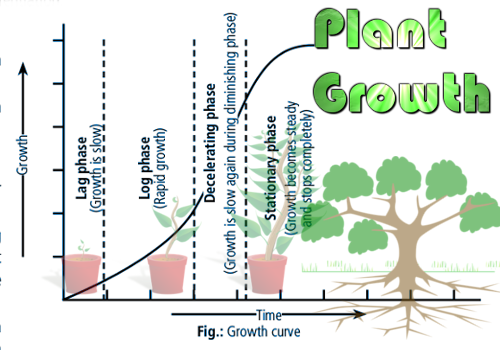Bay leaf plants, scientifically known as Laurus nobilis, are a versatile evergreen herb that lend flavor and aroma to many cuisines. Their growth cycle progresses through several distinct stages. Gaining a proper understanding of the various phases of bay leaf plant development can help ensure your crop thrives. This comprehensive guide will outline the key stages, timeline, and optimal care for healthy bay leaf plant growth.
Stage 1: Germination
Germination is the first stage of growth and occurs when the seed sprouts and begins to form roots.
-
Seeds require warm temperatures between 60-70°F moist soil and light exposure to germinate successfully.
-
The radicle root emerges first, followed by the hypocotyl shoot within 1-2 weeks.
-
Ensure seeds receive adequate moisture during this critical establishment phase.
-
Once sprouted, move seedlings to a sunny spot.
Stage 2: Seedling & Vegetative Stage
The seedling stage begins once the first true leaves appear.
-
Seedlings require 14-16 hours of sun daily and temperatures between 60-80°F.
-
Water 1-2 times per week, allowing soil to partially dry out between waterings.
-
Fertilize monthly with a balanced liquid fertilizer diluted to half strength.
-
Transplant outdoors once seedlings reach 4-6 inches tall.
Stage 3: Flowering & Pollination
-
Bay plants transition from vegetative to reproductive growth around 2-3 years old.
-
Small yellowish flowers bloom in spring on terminal buds of new growth.
-
Flowers are pollinated by bees, butterflies and other insects
-
Pruning just after flowering helps produce abundant foliage.
-
Maintain optimal temperatures and moderate moisture during flowering.
Stage 4: Fruit & Seed Production
-
After successful pollination, flowers develop into small, oval dark berries.
-
Green berries ripen to purple-black over summer and fall.
-
Berries contain 1-2 brown seeds which can be collected for propagation.
-
Clip ripened berry clusters and spread in a single layer to dry.
-
Extract seeds from the dried berries by crushing gently.
Stage 5: Maturity
-
Bay laurels reach maturity after 3-4 years.
-
Mature plants grow slowly, reaching max height of 10-20 feet. Can be maintained smaller through pruning.
-
Harvest leaves once plants are 1.5-2 feet tall by clipping individual mature leaves as needed. Don’t over harvest.
-
Flowers and fruits continue being produced on mature plants.
-
Lifespan ranges from 50-150 years with proper care and maintenance.
Optimal Growing Conditions
-
Full sun to partial shade
-
Moist, well-draining soil with pH of 5.5-6.5
-
Moderate fertilization and water
-
Sheltered from high winds
-
Frost tender, so grow indoors in cold climates
Common Problems
Understanding key issues can help troubleshoot any problems with your bay leaf plant’s growth.
-
Slow growth – Insufficient light, water, nutrition or root restriction.
-
Leaf spots/mold – Overhead watering, excess humidity or poor air flow.
-
Root rot – Overwatering or slow-draining soil. Allow soil to partially dry out between waterings.
-
Pests like aphids, scale, spider mites – Treat with horticultural oil or insecticidal soap sprays.
-
Powdery mildew – Improve air circulation and reduce overhead watering.
Tips for Healthy Growth
Follow these best practices for optimizing your bay leaf plant’s development:
-
Gradually acclimate seedlings to outdoor conditions before transplanting.
-
Give plants 2-3 feet spacing for ample air circulation.
-
Avoid excessive pruning which can inhibit growth.
-
Water deeply and infrequently to encourage deep root establishment.
-
Monitor for pests and diseases and treat promptly if found.
-
Shelter from harsh winds which can damage leaves and impair growth.
Now that you understand the key stages and optimal care for bay leaf plants, you can support successful germination, establishment, maturation and harvest year after year. Pay close attention to your plant’s growth needs at each phase. With a comprehensive understanding of bay leaf plant development, you can unlock this versatile herb’s full potential in your gardens, containers or indoor spaces.

Growing Bay Leaf (Bay Laurel)
| Bay Sapling |
How to Grow Bay Leaves (Bay Laurel) – Complete Growing Guide
FAQ
How long does it take for a bay leaf tree to grow?
What is the best fertilizer for bay laurel trees?
Do bay laurels like sun or shade?
